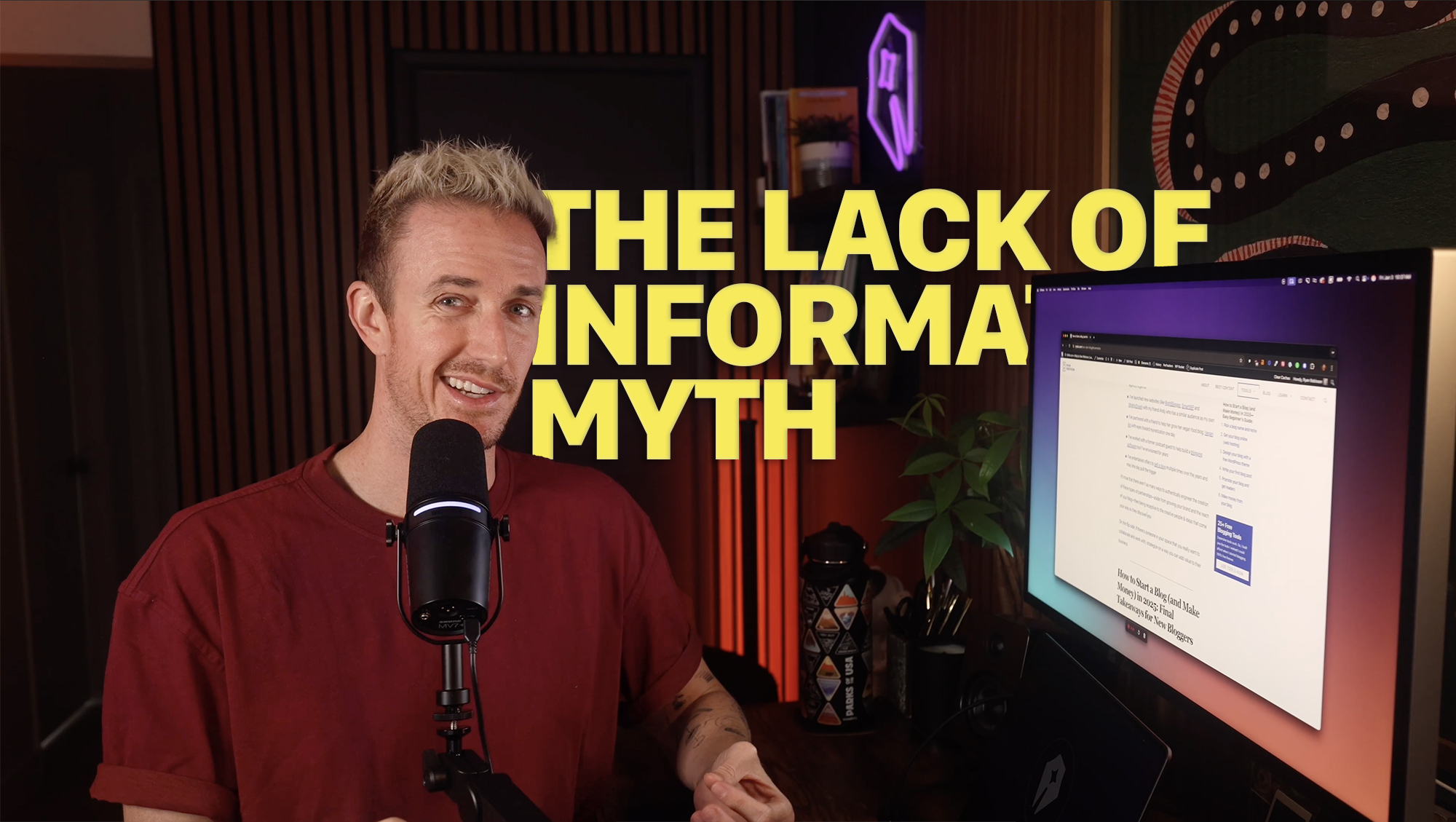DONALD Trump has crushed Joe Biden’s pro-EV push – denouncing it as “sabotaging US industries.”
The new president’s tough stance on the automotive industry means drivers face a huge change in direction.
3

3

3
Back in 2021, Biden, 82, signed an executive order which set a target for 56% of all new US vehicles sold to be electric by 2032.
The former president vowed to slash vehicle exhaust emissions, and warned car makers they’d be hit with hefty fines for flouting rules.
But hours after his January 20 inauguration Trump, 78, applied the brakes on his predecessor’s EV push.
He revoked Biden’s order, and told a delighted Maga crowd at Capital One Arena, Washington, DC: “The United States will not sabotage our own industries while China pollutes with impunity.”
Trump also halted billions of dollars in funding allocated for EV charging stations.
Biden had set a goal of creating 500,000 such chargers by 2030.
Trump called for the ending of a waiver for states to adopt zero emission vehicle rules by 2035.
His administration will also consider slashing the $7,500 federal EV tax credit, Trump declared.
His order said he would “eliminate the electric vehicle (EV) mandate” and promote true consumer choice.
He vowed to remove “regulatory barriers to motor vehicle access by ensuring a level regulatory playing field for consumer choice in vehicles.”
However, there was no actual Biden “mandate” to force the purchase of EVs.
Rather, his policies were aimed at encouraging Americans to buy them, and car firms to shift from gas-powered vehicles to producing more electric cars.
As of late last year, there were 214 operational chargers in 12 states that have been funded through the federal laws.
And there are 24,800 projects underway across the country, according to the Federal Highway Administration.
The New York Times wrote today: “If President Trump has his way, the auto industry’s transition to electric vehicles will soon slam into reverse.
“He will erase tax credits for electric vehicle purchases, federal grants for chargers, and subsidies and loans to help retool assembly lines and build battery factories.”
The Associated Press (AP) reported that Trump’s order could slow U.S. efforts to address climate change.
Electric vehicles vs gas

Pros and cons of EVs vs gasoline-powered vehicles
EV PROS:
- Convenient (when charging at home)
- Cheaper (depending on state or city)
- Cheaper maintenance, due to lack of mechanical parts
- Great for commuting
- Reduced CO2 emissions
- Federal and state tax incentives
- More performance (speed, handling – depending on the make and model)
EV CONS:
- Higher initial cost
- Higher insurance rates
- More frequent tire and brake replacement intervals
- Higher curb weight (thus causing more rapid wear on crucial parts)
- Low resale value
- High depreciation rates
- Lack of charging infrastructure
- Unreliable public charging (related: slow charging times)
- Poor winter and summer performance
- Lack of clean energy alternatives means more “dirty energy” from coal and nuclear sources
- Range anxiety
GAS PROS:
- Highly developed refueling infrastructure
- Fast refueling
- Cheaper insurance rates, depending on make, model, and configuration
- Established repair industry
- Lower initial cost
- Higher range before refueling, especially with hybrids
- Many manufacturers produce nearly emission-less engines
- Cheaper refueling, depending on the location
GAS CONS:
- Finite resource (related: heavy dependence on petroleum)
- Carbon emissions/greenhouse gases
- Higher repair costs
- Higher insurance rates, depending on make, model, and configuration
- Varying costs at the pump, depending on state, city, and county
Source: Car & Driver, Perch Energy, AutoWeek
It added that “much of this is caused by burning gasoline and diesel fuel that emit carbon dioxide and other planet-warming greenhouse gases.”
The AP said Trump’s orders “indicated” that he is “likely to roll back Biden-era Environmental Protection Agency rules to tighten limits on greenhouse gas emissions and other pollution from passenger and commercial vehicles.”
According to his order, Trump’s administration should consider “the elimination of unfair subsidies and other ill-conceived government-imposed market distortions that favor EVs over other technologies and effectively mandate their purchase.”
Trump also promised to end a federal exemption that allows California to phase out the sale of gas-powered cars by 2035.
EVs accounted for 8.1% of new vehicle sales in 2024, up from 7.9% the year before, according to Motorintelligence.com.
Making EVs costs more upfront than traditional gasoline-powered cars.
Before Trump’s order, some automakers have already slowed down plans to go electric.
For example Ford axed plans for electric three-row SUVs in lieu of making them gas-electric hybrids.
Meanwhile, General Motors delayed production at an EV battery cell plant.
Amid the confusion, AP has warned: “Sales of EVs could temporarily skyrocket as car-buyers rush to take advantage of existing tax credits encouraging electrified car purchases.”
Plus, any effort to roll back or revise regulations is likely to face legal challenges from environmental groups and other campaigners.
Dan Becker, director of the Center for Biological Diversity’s Safe Climate Transport Campaign, said: “Trump’s attacking the biggest single step ever taken to fight climate pollution.”
However, Mike Sommers, the president of the American Petroleum Institute, applauded the move.
He said in a statement: “This is a new day for American energy, and we applaud President Trump for moving swiftly to chart a new path where U.S. oil and natural gas are embraced, not restricted.”
The U.S. Sun reported last year that drivers had voiced concern over Biden’s proposed laws that would further push manufacturers and companies to abandon gas for batteries in cars.
Some warned that it was not financially feasible for some cash-strapped Americans.







